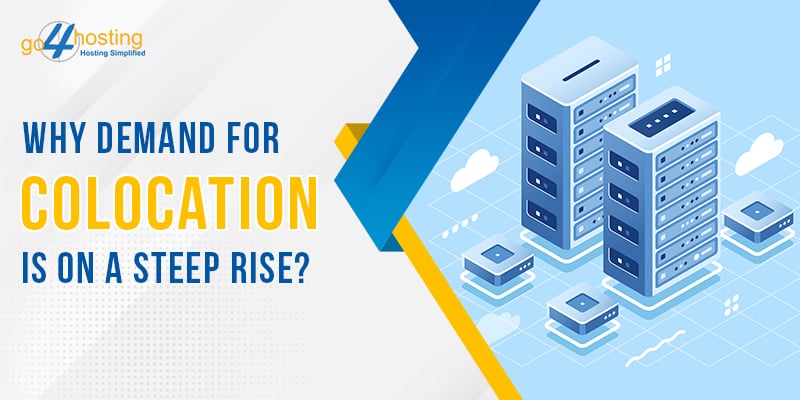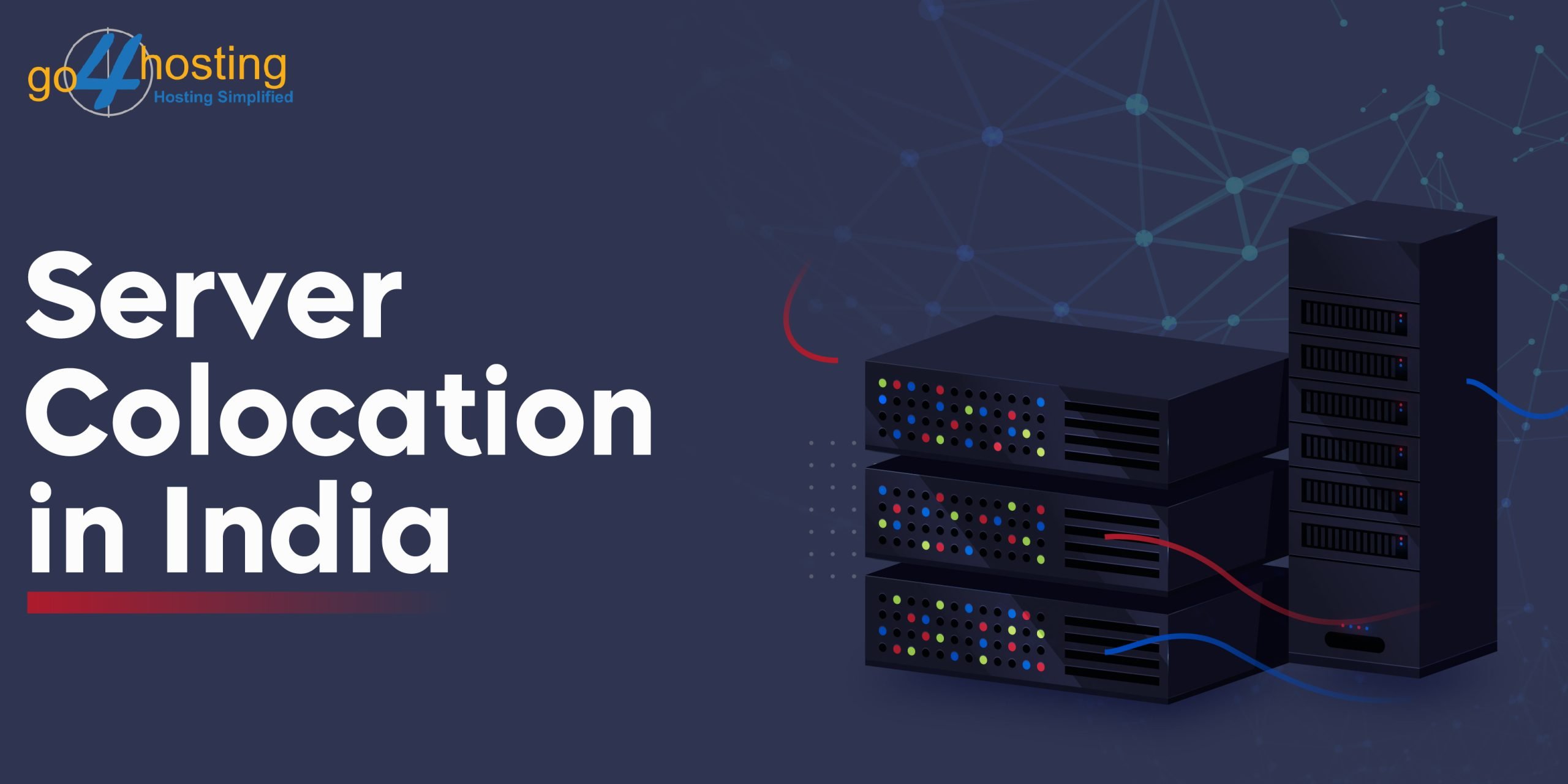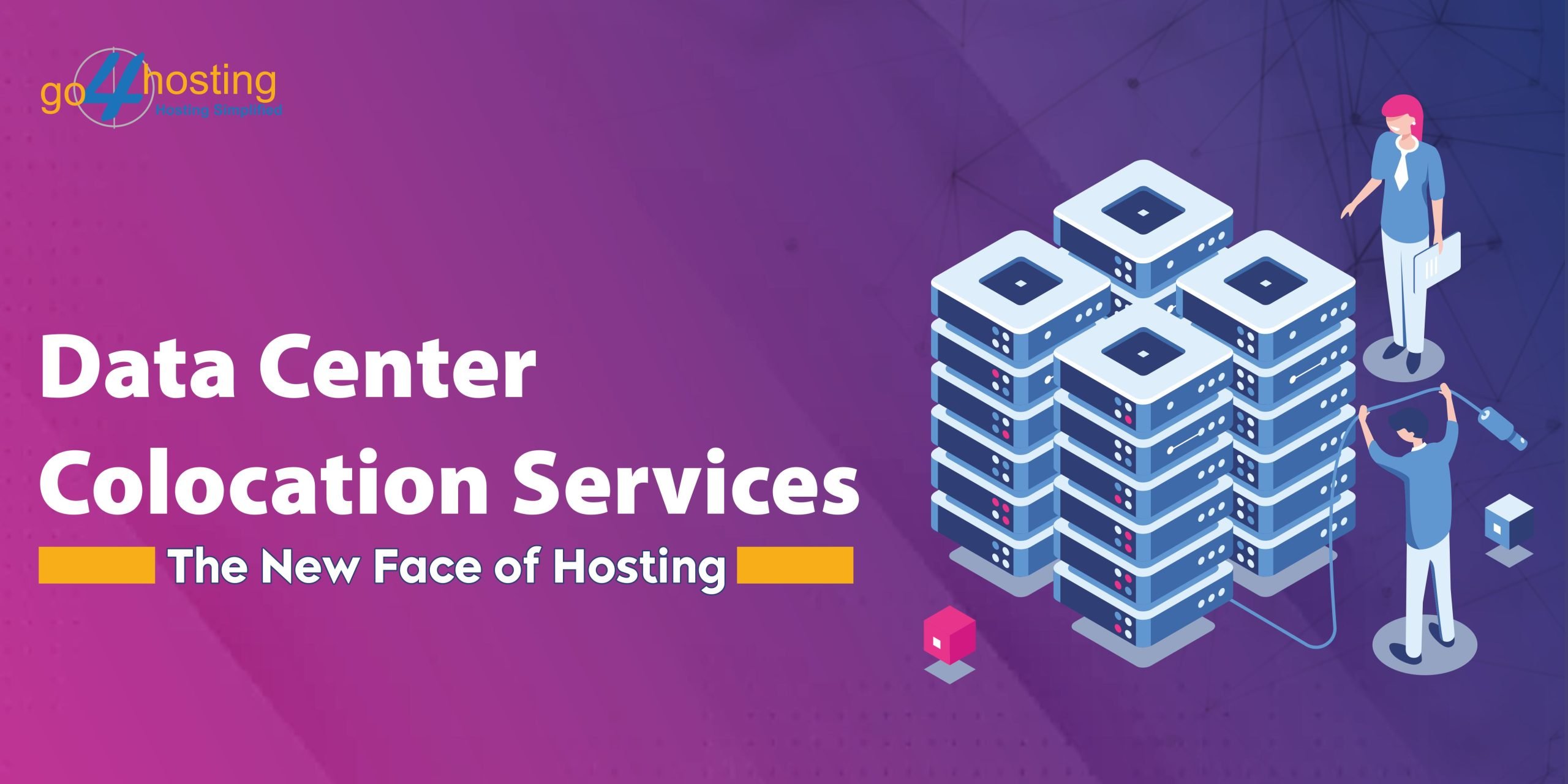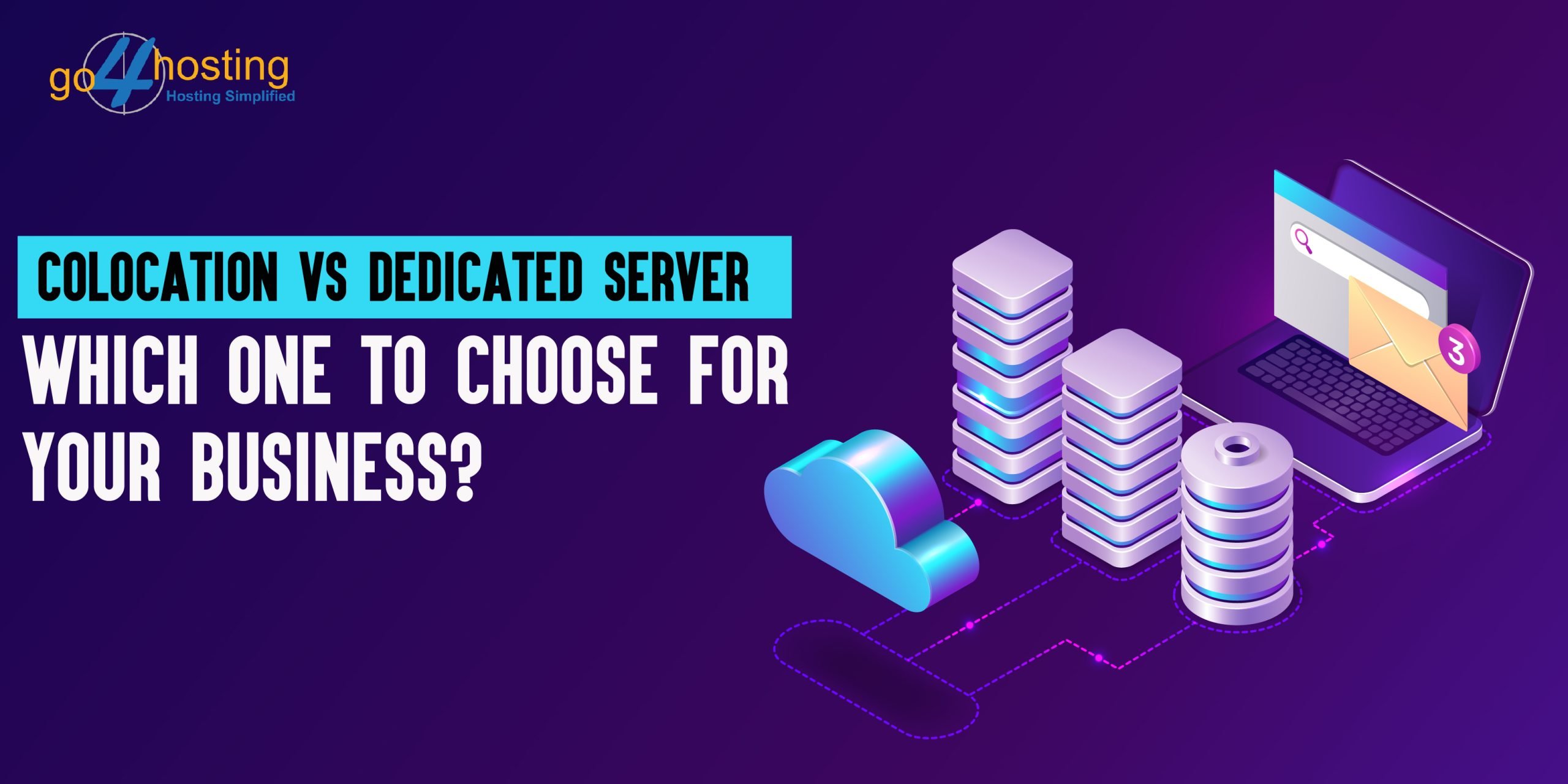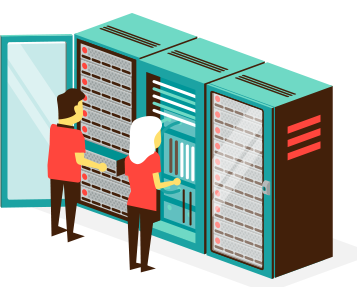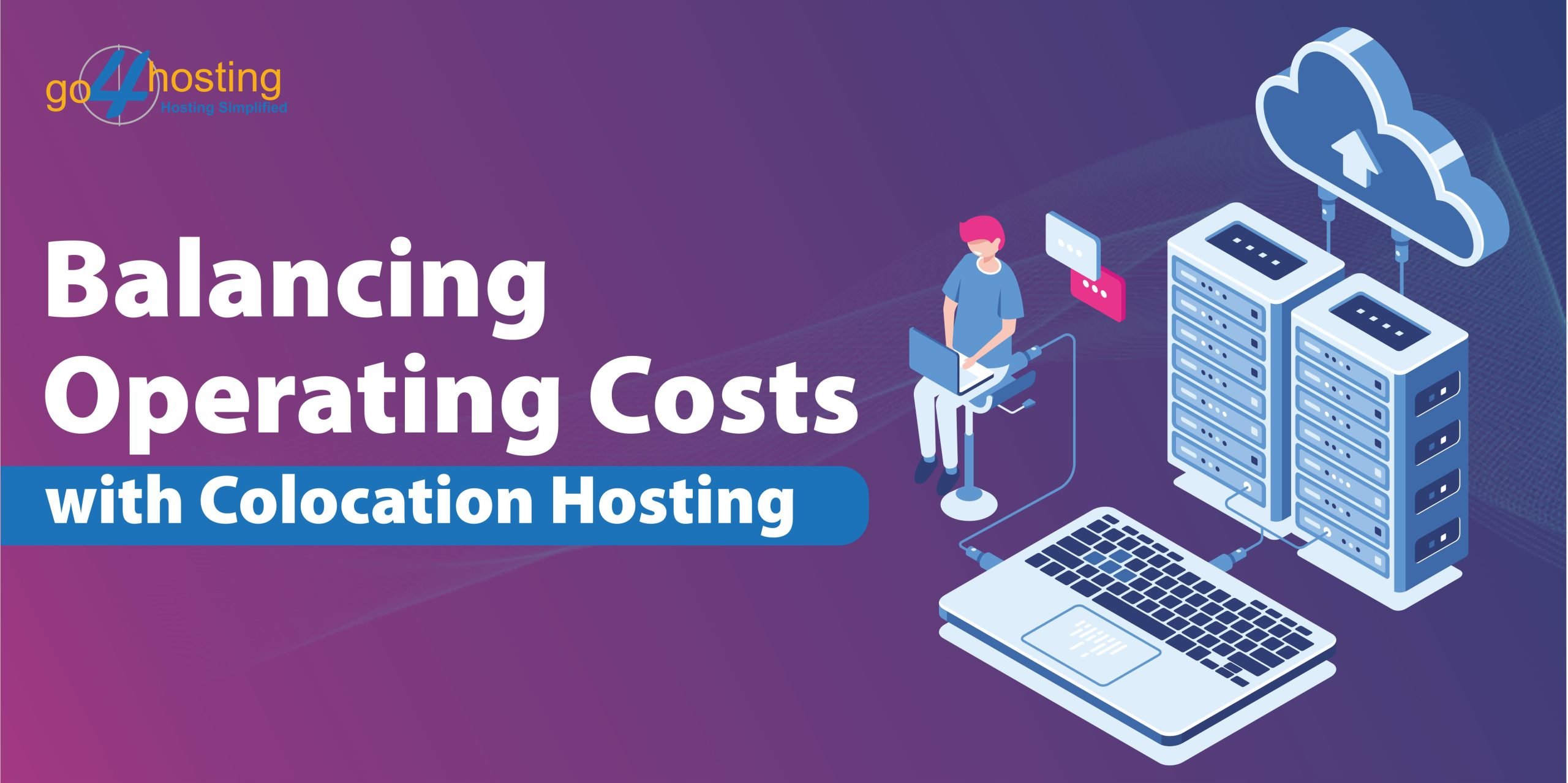Contents of Table
cPanel is among the most commonly used terms in the web hosting industry. Still, many people get confused when they hear ‘Cpanel VPS hosting’ for the first time. Well, cPanel is not a traditional hosting control panel. However, it’s a dashboard that gives you complete control of your web hosting server. It is popular among businesses as a trustworthy cpanel partner as it simplifies website and server management tasks.
The combination of cPanel and VPS offers the best of both worlds in terms of web hosting and control. This pairing will enable you to build a simple website to maintain, secure against hackers, and completely dependable. However, to ensure quick, safe, and reliable hosting, make sure you purchase your best VPS with cPanel from a reputable hosting business. Both performance and dependability are essential to cPanel when it comes to hosting services. These days, the VPS hosting plans offered by hosting companies align with the capabilities provided by cPanel.
Dedicated Cpanel is a feature that many of you aren’t aware of. It is one of the most well-known hosting cpanel partners. For their clients, Virtual Servers combine the benefits of Dedicated Servers and VPS. However, Choosing a VPS can be your best option. Let’s understand the difference between both terms.
cPanel VPS Vs Dedicated Server – Which is More Trustworthy cPanel Partner
Dedicated Server
Dedicated hosting refers to a hosting provider’s access to a complete computer machine to provide hosting. It is usually a safer and more controlled hosting environment. Because owning, renting, and maintaining an entire machine or several machines, may be expensive and time-consuming, dedicated hosting is sought by enterprise-level hosting providers.
VPS
A virtual private server is a machine portion that a hosting company rents out to provide hosting to their customers. VPS is economical of the two, and it’s frequently the most excellent place to start for firms or people like you who want to create a web hosting business or expand their current online offerings.
cPanel-based VPS comes with exclusive features; read below the features of the cPanel VPS hosting.
Top 3 Features of cPanel VPS Hosting
Better Management of Files
The best VPS with CPanel tool allows you to manage all of your files and databases on the server automatically. There is no other control panel that is as user-friendly as cPanel when it comes to managing files. It simplifies tasks such as creating subdomains, multiple domains, backing up files, managing disc space, and FTP server entries, and so on.
Domain Management
When you choose cPanel as your VPS host’s control panel, you won’t even have to worry about managing your website’s domain. You will have root access to your server if you use cPanel. With easy maintenance, you can effortlessly add parked domains and subdomains.
Server Management
It’s something you don’t have to worry about. It gives your server more power by allowing instructions to be configured and executed rapidly. Apart from that, it investigates server problems and resolves them at the earliest.
Now, Let’s shed light on the benefits of the cPanel VPS hosting to understand the concept better.
Top 3 Benefits of cPanel VPS Hosting
Strong Backup Plan
The website crashing is the worst thing that any website owner can experience. With cPanel, managing your site and downloading files is a breeze. Even recovery, which appears to be a time-consuming job when using other control panels, happens with the press of a button using cPanel.
Handy Services
Since cPanel gives you access to the server, you won’t have to wait for your hosting company to help you with other jobs. You don’t require any support and are free to work at your own pace. CPanel operates as a one-person army, allowing you to avoid relying on your hosting provider for routine operations such as creating email accounts or installing software.
Impeccable Security
Did you ever imagine that you’d be able to save SSL certificates for every website you host on your server? cPanel has made this feasible and deems it necessary, as many search engines now need and check for an SSL certificate.
Bottom Line
Are you still confused about whether cPanel is the correct solution for you? Consider the above points before reaching any decision. You will get to know that cPanel features cover all of your primary concerns. For more detailed information on the hosting plans or the cPanel partner that is intuitive and easy to use, please get in touch with Go4hosting experts now.




